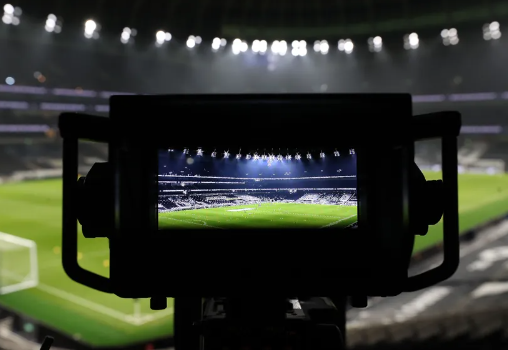
MultiChoice’s Supersport has collaborated with the South African Broadcasting Commission (SABC) to broadcast the highly anticipated match between the Springboks and Italy on July 12.
This broadcasting agreement is particularly significant as it commemorates the 30th anniversary of the Springboks’ iconic victory in the 1995 Rugby World Cup. SABC Group CEO Nomsa Chabeli emphasised the importance of ensuring that every South African, whether in a township, village, or city, has the opportunity to experience the spirit of unity and hope that the 1995 triumph represented.
Mark Alexander, president of the South African Rugby Union (SARU), also voiced support for this initiative, highlighting the collaboration with local broadcasters to ensure accessibility for all citizens. He reiterated that the 1995 World Cup victory showcased the unifying power of sport in a nation still solidifying its democracy.
SuperSport CEO Rendani Ramovha expressed pride in contributing to the celebration of 30 years of Springbok success since that memorable win while noting that 2025 marks an important milestone for SuperSport as well—it will be 30 years since the channel became independent.
This announcement comes after rising concerns regarding the affordability of attending Springbok matches in person, as well as watching from home. Recently, the Springboks faced the Barbarians in Cape Town, an event only accessible via SuperSport, which sparked discussions about ticket prices and the cost of subscription services. Sport, Arts, and Culture Minister Gayton McKenzie has made it his priority to enhance accessibility to rugby.
Last year, he facilitated a late agreement between SuperSport and the SABC to air a Springbok match against New Zealand, and ongoing discussions aim to address these crucial broadcasting challenges. “The only way forward is for the government to support the broadcaster financially,” McKenzie mentioned, highlighting the reliance of teams on broadcast revenues tied to exclusivity agreements. Currently, a deal must be struck for the SABC to air games, as MultiChoice retains exclusive broadcasting rights.
A research paper by David Martimort and Jerome Pouyet suggests that granting these rights to a dominant firm maximises overall revenue, benefiting not just the broadcasters but also the sport itself. A spokesperson from SARU recently explained that approximately half of the proceeds from selling broadcast rights are allocated to the development of both men’s and women’s rugby in South Africa.
However, removing exclusivity could undermine the financial stability of the sport and hinder its attractiveness to broadcasters. This presents a complex situation for South African sports, as many fans cannot afford DStv Premium—the exclusive home of SuperSport’s rugby channels. Additionally, the SABC’s past financial mismanagement has hindered its ability to sublicense broadcast rights from SuperSport, further complicating the country’s sports broadcasting landscape.

















